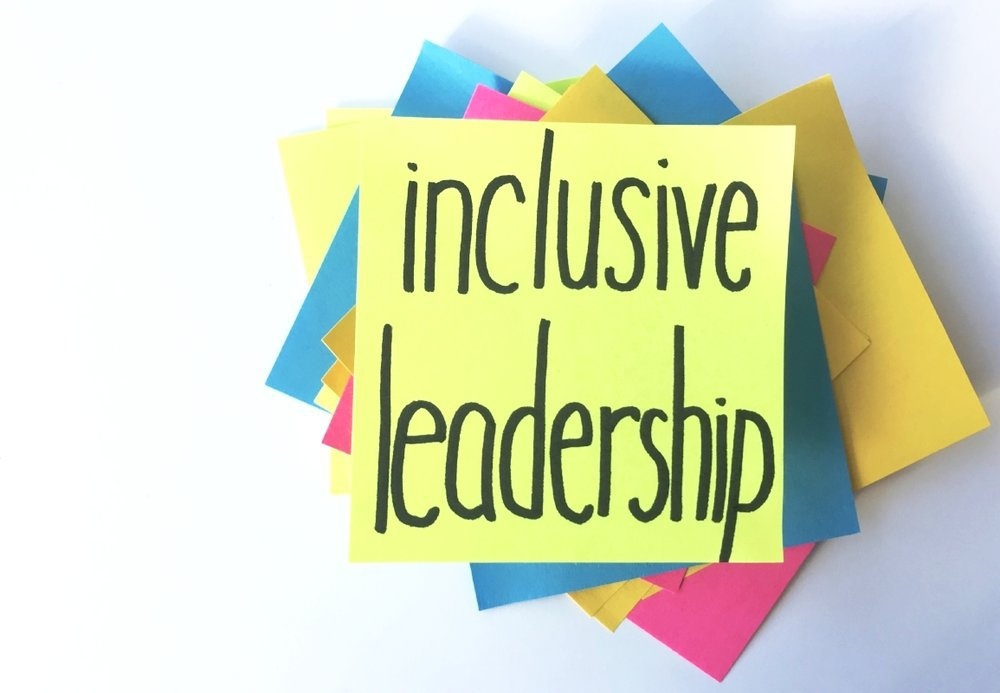Inclusive Leadership in a COVID-19 World

What makes people feel included in organizations? How can a business leader make sure that their employees feel like they are welcomed in the organization; that they are treated fairly, respectfully, are valued and belong? Over the past decade, many organizations have sought to answer these questions by identifying key components of highly diverse and inclusive corporate culture. There has been an ongoing discussion about creating and maintaining an inclusive workplace that allows employees from all backgrounds and walks of life to achieve their fullest potential. Creating an inclusive workplace is especially important as organizations face the challenges presented by a COVID-19 business environment.
Over the past several months, business leaders have had to pivot in order to address the needs of their most important asset – their employees. Organizations have had to think creatively about how to best meet the needs of their talent in a very challenging environment. In a recent Forbes article, Facebook’s Chief Diversity Officer Maxine Williams is quoted as saying “we now have to look at everything through the lens of ‘is this something that’s going to help improve the health and safety of our people’? That has then driven everything else we do.” The article continues by pointing out that companies with proven diversity and inclusion leadership initiatives in place have fared better during the current pandemic.
A key component to creating an inclusive culture rests on the shoulders of the organization’s leadership. Inclusive leadership can be defined in a myriad of ways. The Society for Human Resource Management defines inclusion as “the achievement of a work environment in which all individuals are treated fairly and respectfully, have equal access to opportunities and resources, and can contribute fully to the organization’s success.” A study by Deloitte found that organizations with inclusive cultures are six times more likely to be innovative, six times more likely to anticipate change and respond effectively, and two times as likely to meet or surpass financial goals. However, based on that same study, only 12 percent of organizations across the globe have reached full maturity in terms of adopting an inclusive culture.
Regardless of a precise definition, organizations both large and small have displayed an intense focus on inclusive leadership – especially during the COVID-19 pandemic. During times of great difficulty, inclusive leaders are able to:
- Remain Focused. Now, more than ever, business leaders must be able to identify and communicate their corporate values and goals. They must also clearly define the roles of their employees as well as the ways in which they are being held accountable for their work.
Key Takeaway: An inclusive leader must clearly and thoroughly communicate important goals and information, thus providing an organization a road map to follow during uncertain times.
- Offer Flexibility. While leadership must remain focused, it also must be flexible. During the COVID-19 pandemic, many employees are facing challenges they haven’t faced before such as remote working, childcare, and employee stress. An inclusive leader can successfully create an environment where employees are at ease, able to use their strengths and seek help, and work together productively.
Key Takeaway: An inclusive leader must take this into consideration, understand their team’s unique circumstances, and offer ways to reassure their people and motivate them to move forward.
- Delegate and Recognize. Often times, when faced with a challenge, many people turn inward and want to handle things on their own terms. However, moments of crisis reveal a great deal about the leaders working for the organization. An inclusive business leader recognizes that small investments in support and coaching of their employees goes a long way toward boosting their own effectiveness.
Key Takeaway: An inclusive business leader trusts the team they have assembled, delegates tasks, gives recognition for a job well done, and builds for the future.
Questions? Contact me today to further discuss the importance of inclusive leadership in today’s business environment.
